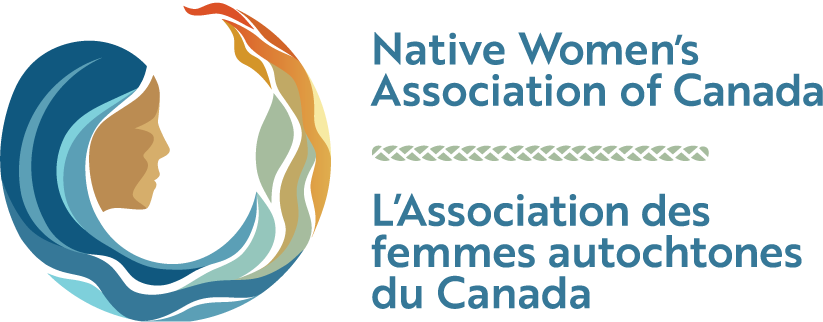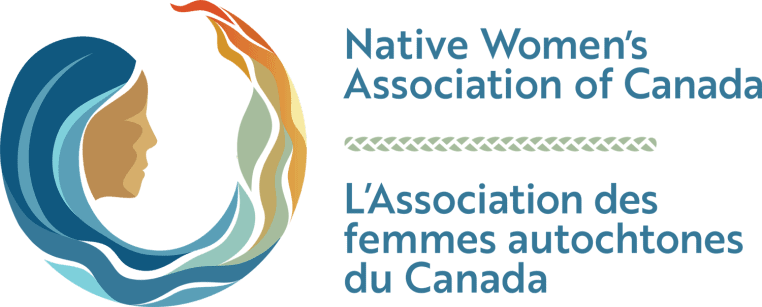In 2009, the Public health Agency of Canada released the Canadian Maternity Experiences Survey. The MES included 300+ questions on topics related to women’s perceptions, practices and experiences before pregnancy; during pregnancy, labour and birth; and in the early months of parenthood. Unfortunately, the MES excluded First Nations women living on-reserve, institutionalized (incarcerated) women, women whose children were not living with them (apprehended) at the time of the survey, and many other voices. Therefore, the survey did not fully capture Indigenous maternity experiences and further research is needed.
Through Indigenous participatory and community-based methodologies, the aim of this research is to engage Indigenous peoples, communities, healthcare providers and leadership in a conversation about how we could create an Indigenous Maternity Experiences Survey (IMES) that is more culturally and contextually relevant. By identifying the unique and complex context of Indigenous maternity experiences and identifying the gaps and barriers Indigenous women face, the research aims to improve perinatal, prenatal and postpartum health by understanding the experiences that contribute to maternal-child health disparities and associated inequities.








